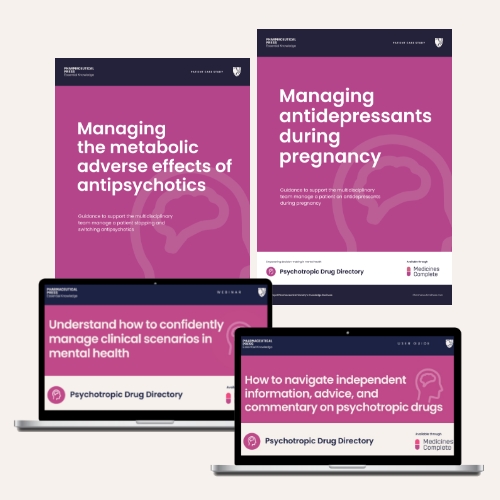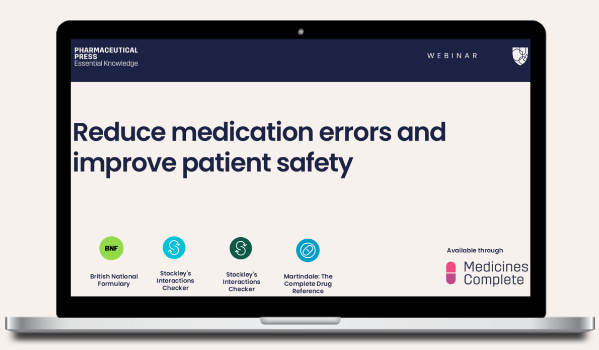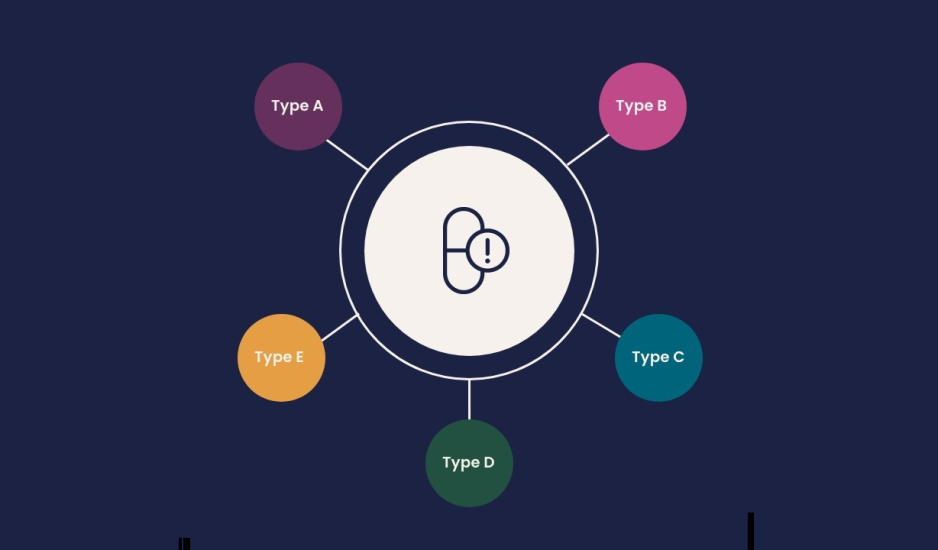Agilio: Diagnosis and Treatment Guidance May 2024 Update
This update contains 7 significant changes and 14 minor changes.
Significant Changes:
- Axial spondyloarthritis (including ankylosing spondylitis) (previously Ankylosing spondylitis)¬- reviewed. A literature search was conducted in February 2024 to identify evidence-based guidelines, UK policy, systematic reviews, and key randomized controlled trials published since the last version of this topic. The topic name has been changed from ‘Ankylosing spondylitis’ to ‘Axial spondyloarthritis (including ankylosing spondylitis)’ in line with current terminology in the literature. The recommendations have been updated in line with current evidence in the literature. A new section on Assessment has been added to the Diagnosis section. The topic structure has been amended to improve clarity and navigation. The Prescribing information section has been deleted, and links have been provided to relevant Prodigy topics instead.
- Cellulitis – acute — reviewed. A literature search was conducted in March 2024 to identify evidence-based guidelines, UK policy, systematic reviews, and key randomized controlled trials (RCTs) published since the last revision of this topic.
- Hypercholesterolaemia – familial — reviewed. A literature search was conducted in February 2024 to identify evidence-based guidelines, UK policy, systematic reviews, and key randomized controlled trials (RCTs) published since the last revision of this topic. New sections were created describing important risk factors which may increase the risk of atherosclerotic cardiovascular disease in people with familial hypercholesterolaemia (FH), differential diagnoses which deserve consideration for people with suspected FH, and prescribing information for bempedoic acid and inclisiran. Other minor structural changes have been made to the topic to align with current evidence-based guidance and recommendations.
- Insomnia — reviewed. A literature search was conducted in February – March 2024 to identify evidence-based guidelines, UK policy, systematic reviews, and key randomized controlled trials published since the last revision of the topic. Recommendations from the National Institute for Health and Care Excellence (NICE) on the use of Sleepio and daridorexant in the management of insomnia have been incorporated into the topic, along with links for NHS users of Sleepio. Minor changes to the structure of the topic have been made.
- LUTS in men — reviewed. A literature search was conducted in March 2024 to identify evidence-based guidelines, UK policy, systematic reviews, and key randomized controlled trials (RCTs) published since the last revision of this topic. Some structural changes were made, but there have been no major changes to clinical recommendations.
- Tamoxifen – managing adverse effects — reviewed. A literature search was conducted in February 2024 to identify evidence-based guidelines, UK policy, systematic reviews, and key randomized controlled trials published since the last revision of the topic. No major changes to recommendations have been made.
- Ulcerative colitis — reviewed. A literature search was conducted in March 2024 to identify evidence-based guidelines, UK policy, systematic reviews, and key randomized controlled trials published since the last revision of the topic. No major changes to recommendations have been made.
Minor changes:
- Attention deficit hyperactivity disorder — minor update. Epistaxis added as an adverse effect of lisdexamfetamine, and contusion as an adverse effect of methylphenidate, as per the manufacturers’ updated SPCs.
- Antigoagulation – oral: April 2024 — minor update. Recommendations on management of pre-operative cessation of DOACs revised to include a recommendation to liaise with an interventional cardiologist about the risk/benefit in high-risk procedures where the person is at high thrombotic risk. We have also revised the wording for procedures with a high bleeding risk, where we advise that the last dose of rivaroxaban should be taken 3 days before the procedure. These changes are in line with the Endoscopy in patients on antiplatelet or anticoagulant therapy: British Society of Gastroenterology (BSG) and European Society of Gastrointestinal Endoscopy (ESGE) guideline update [Veitch, 2021].
- Bipolar disorder — minor update. A minor typographical error has been corrected.
- Cerebral palsy — minor update. Hypertonia added as a symptom of withdrawal, and undesirable effects added in line with manufacturers updated SPC for baclofen.
- Dementia — minor update. Removed the wording associated with shared care protocols for pharmacological management of dementia.
- Depression — minor update. Minor typographical error corrected.
- Diabetes – Type 1 — minor update. A link has been added to the Scottish Intercollegiate Guidelines Network (SIGN) toolkit Optimising glycaemic control in people with type 1 diabetes to support people with type 1 diabetes.
- Hepatitis B — minor update. Some information on prevalence has been removed from the summary section of this topic. In addition, the recommendation on post-exposure prophylaxis for individuals who have had a primary course of hepatitis B vaccines has been updated in line with the UKHSA Green Book on Immunisation against infectious disease, chapter 18 Hepatitis B.
- Meningitis – bacterial meningitis and meningococcal disease— minor update. The sections on diagnosis and management have been updated in line with the NICE guideline Meningitis (bacterial) and meningococcal disease: recognition, diagnosis and management.
- Migraine — minor update. Removed advice on standard dose riboflavin being a risk for teratogenesis in pregnancy.
- Palliative cancer care – pain — minor update. Hypertonia added as a symptom of withdrawal, and undesirable effects added in line with manufacturers updated SPC for baclofen.
- Polycystic ovary syndrome — minor update. Clarification added regarding polycystic ovarian morphology and links to the International PCOS Network diagnostic criteria [International PCOS Network, 2023].
- Warts and verrucae — minor update. Microwave therapy added to the secondary care options.
- Whooping cough — minor update. A minor typographical error has been corrected.





